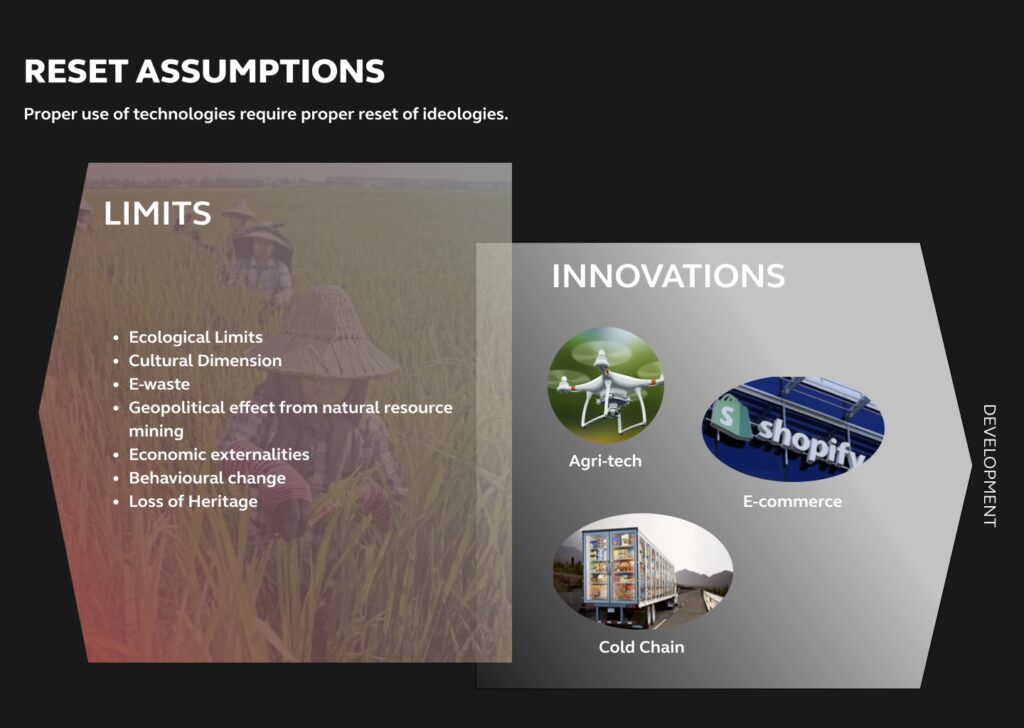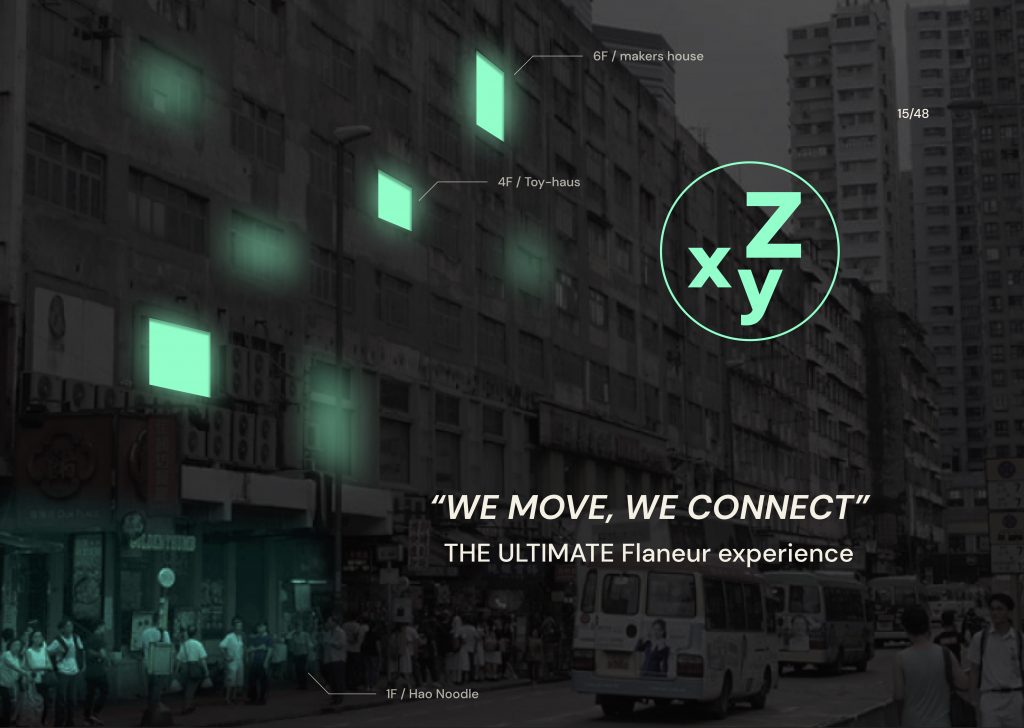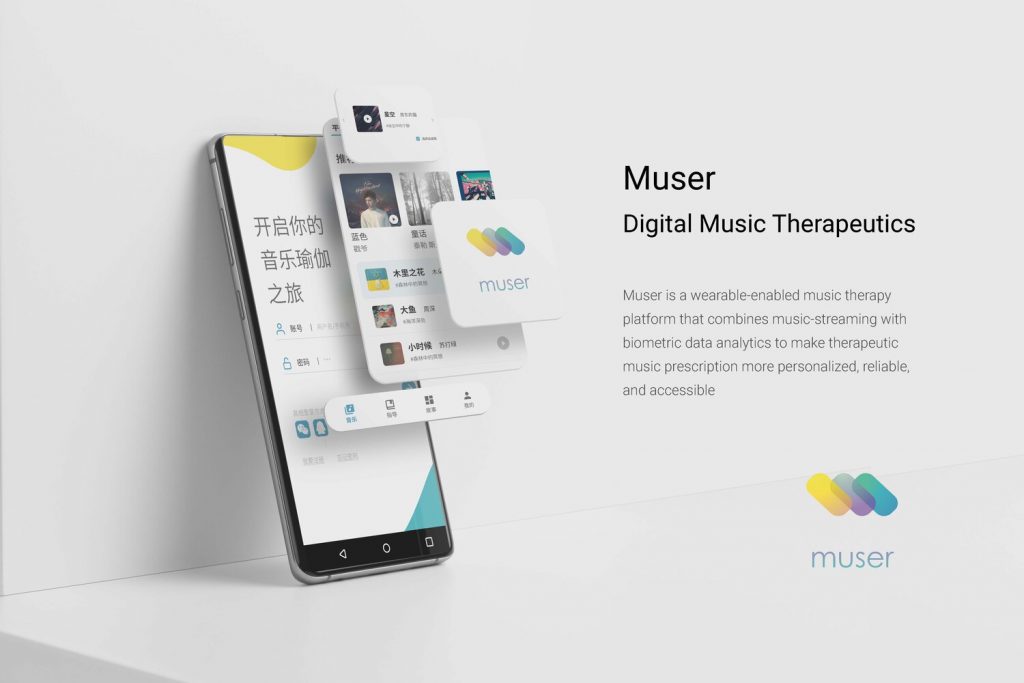Smart cities – what/how?
‘Smart Cities’ have become a synonym to modern city development. Governments and private institutions across the globe eyes on the opportunities for value creation. Whilst technologies and data provided the opportunity to reshape our cities, fundamental changes cannot be driven if the value creation is to spin around the old ideologies – one that depends on driving numeric growth and the subsequent development trends that essentially succeeds those qualities.
Today, we have the opportunity to re-shape our cities – to make it smarter. It is only smarter when the innovation is encompassing enough to reset conventional ideologies of the past century, reconnect the disconnected, eliminate externalities, and bring positive change to everyone.

Critical assumptions
Technologies are mediums – the ultimate results will always depend on the guiding principles, implementation and long-term governance approach.
Leaders in the making of smart cities should take a leading role in steering their strategies and business models for longer-term societal development.
The conventional market point of view might not be all encompassing – assumptions should to be reset. Smart cities should focus on enabling a meaningful interaction between humans and technologies, where the world shares a common purpose for improving quality of life.
Highlighted Projects
Local SME Ecosystem
XYZ nurtures an ecosystem for local – not localised – retail by improving the urban experience and supplying data insights for consumers and SME owners.
Wearable Infrastructure
The Internet of Breaths is a conceptual project which explores the use of everyday objects as part of the digital infrastructure. The system leverages bottom-driven data insights to inform a more responsive public administration system.
Digital-aided Wellbeing
Muser takes music therapeutics a step further by improving the user experience and therapy results with data analytics and wearables.
Safe Medicine
Sureshot is a system-level approach, which by leveraging QR codes and user experience design, to eliminate counterfeit vaccines and medicines.



